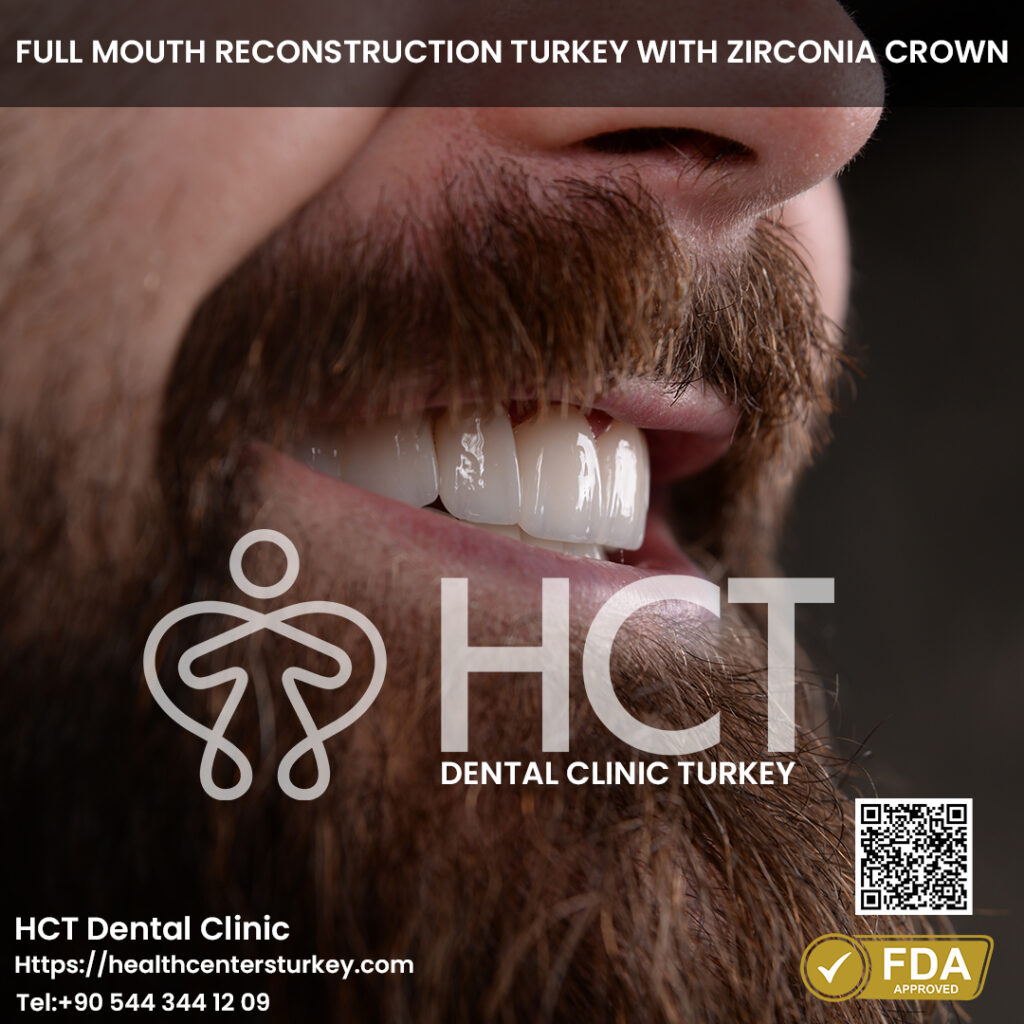Child-friendly Oral Care Facilities in Turkey

Dental implants have become a focus in trendy dentistry, providing a reliable solution for these dealing with tooth loss. Among the a quantity of benefits they provide, one significant side value contemplating is their impact on adjacent teeth. Understanding how dental implants affect surrounding teeth aids in making informed selections about oral health.
When a tooth is lost, neighboring teeth can easily shift towards the space left behind. This movement can result in misalignment, which compromises the overall chew and function of the mouth. Dental implants mimic natural tooth roots, thereby sustaining the place of adjacent teeth.
Dental Travel: Take Advantage of Affordable Care in Turkey
The stability offered by an implant is essential, as it helps in preserving not just the physical alignment but in addition the structural integrity of the jawbone. When a tooth is missing, the underlying bone can start to deteriorate due to lack of stimulation. An implant exerts strain on the bone during chewing, just like a natural tooth, which promotes bone health.
In some instances, a bridge or partial denture may be thought of as an alternative to implants. While these options may restore some functionality, they will place further stress on neighboring teeth. Bridges normally require filing down the encircling teeth to accommodate the anchors, thereby affecting their health over time. Dental implants, however, do not alter present teeth, making them a more conservative selection.
Maximize Your Savings Dental Treatments in Turkey
Hygiene becomes another critical factor when considering adjacent teeth in the context of implants. With dental implants, the person can keep an everyday hygiene routine just like natural teeth. Flossing and brushing around the implant are simple, guaranteeing that the gum tissue remains wholesome and minimizing the risk of gum disease that might adversely affect adjacent teeth.
Moreover, the supplies utilized in dental implants are biocompatible. This means they are designed to integrate nicely with the physique, lowering the chances of an antagonistic response. This attribute not only makes the implant safe but in addition protects nearby teeth from potential issues that could arise as a end result of contamination or infection.
In terms of aesthetics, dental implants supply a natural appear and feel, carefully resembling authentic teeth. Adjacent teeth profit from this aesthetic enchantment as well. When an implant is positioned, the surrounding gum tissue may be formed to mimic natural contours, thereby enhancing the overall appearance of the smile. This aesthetic factor can encourage individuals to spend money on their oral care routines, benefiting each the implants and adjacent teeth in the long run.
Dental Tourism: Take Advantage of Affordable Care in Turkey
Another concern is the potential for gum disease, which can affect the health of adjacent teeth. Gum disease can occur when plaque builds up around teeth and implants. Regular dental visits and appropriate oral hygiene can mitigate this concern. The presence of implants can also serve as a motivator for better dental hygiene practices, as individuals turn into more conscious of sustaining their general mouth health.
Studies have proven that dental implants can contribute to a big enchancment in quality of life. Patients often experience increased confidence and are less hesitant to smile or engage in social interactions. A wholesome and well-maintained smile not directly promotes higher take care of adjacent teeth, as people are inclined to become more conscious of their overall oral hygiene.
One often-overlooked side is the psychological impression of dental implants on patients. Knowing that implants offer long-term solutions can ease the anxiousness associated with tooth loss. With fewer worries about future tooth shifts, patients usually tend to invest time and effort into caring for their teeth, which incorporates adjacent teeth.
In conclusion, dental implants serve as more than only a solution for missing teeth; they play a pivotal function in maintaining the health and integrity of adjacent teeth. From stopping misalignment to selling gum health and enhancing aesthetics, the benefits are manifold. By choosing implants, individuals can't solely restore performance but additionally foster a healthier oral environment for surrounding teeth. The psychological and aesthetic advantages additional contribute to an overall enhanced quality of life.
Cost-Efficient Smile Makeovers found in Turkey
In the long term, understanding how dental implants have an effect on adjacent teeth can information individuals in making empowered selections relating to their dental health. The integration of those implants into the mouth acts as a stabilizing force, safeguarding each the physical alignment and performance of neighboring teeth, while selling a long-lasting, wholesome smile.
- Dental implants sometimes don't exert pressure on adjacent teeth, maintaining their integrity and decreasing the chance of shifting or misalignment.
- The placement of an implant typically encourages higher oral hygiene habits, positively influencing the health of adjacent teeth through improved cleansing practices.
Complete Dental Packages Featuring Preventive Care
- In some circumstances, dental implants can stimulate the encompassing bone, which helps preserve the natural teeth's position and total dental structure.

- The gap left by missing teeth can result in bone loss; dental implants can prevent this, thereby defending adjacent teeth from potential issues.
- Affordable Teeth Brightening Treatments to Enhance Your Smile
Tips for Dental Procedures in Turkey
- By restoring the perform of a missing tooth, implants help distribute bite forces evenly, lowering put on and stress on neighboring teeth.

- Properly positioned dental implants can act as a help structure, preventing unwanted movement of adjacent teeth resulting from tooth loss.
- The presence of an implant may enhance the aesthetic appearance of surrounding teeth by filling in gaps and supporting facial structure.
Life-Changing Dental Care Experiences for Travelers
- Dental implants remove the necessity for adjacent teeth alteration, in distinction to bridges, which require reshaping the close by teeth for help.
- Implants also scale back the danger of gum disease compared to other tooth replacement options, indirectly benefiting adjacent teeth by promoting overall oral health.
Save Big on Implants in Turkey.
- Long-term success of dental implants is linked to the health of surrounding teeth, emphasizing the significance of normal dental check-ups and maintenance.
How do dental implants affect adjacent teeth?
All-Inclusive Dental Packages Featuring Cosmetic Options
What are dental implants and how do they work with adjacent teeth?undefinedDental implants are artificial tooth roots placed into the jawbone to support replacement teeth. They don’t have an effect on adjacent teeth instantly, as they're impartial buildings. Instead, they might help keep the integrity of surrounding teeth by preventing bone loss.
Can dental implants trigger harm to adjacent teeth?undefinedIf positioned appropriately, dental implants should not harm adjacent teeth. However, improper placement can result in points like misalignment or strain, emphasizing the importance of selecting an skilled dental professional.
Will dental implants try this website promote bone progress around adjacent teeth?undefinedYes, dental implants assist stimulate the jawbone, which can encourage bone growth. This can benefit adjacent teeth by sustaining bone density and stability within the area.
Elevating Care Standards in Turkish Dental Clinics
Should I fear about gum disease affecting adjacent teeth after getting an implant?undefinedGood oral hygiene is crucial after getting an implant. Gum disease can still have an result on adjacent teeth, however a properly maintained implant does not enhance that risk. Regular dental visits might help monitor and maintain gum health.
What occurs to adjacent teeth if I lose a dental implant?undefinedIf a dental implant fails or is misplaced, adjacent teeth may shift due to adjustments in chew alignment and assist structure. This might result in misalignment or further tooth loss if not addressed.
Are there any special care necessities for adjacent teeth after getting implants?undefinedMaintaining good oral hygiene practices, together with regular brushing, flossing, and dental check-ups, is crucial for both dental implants and adjacent teeth to forestall decay and gum disease.
Incredible Before and After from Dental Treatments in Turkey
Do dental implants help help adjacent teeth when chewing?undefinedAbsolutely. Implants can improve total chew function, which may alleviate stress on adjacent teeth during chewing. This can result in better distribution of forces, selling oral health.
How can I prevent problems with adjacent teeth and implants?undefinedConsistent dental care, together with professional cleanings and examinations, common brushing and flossing, and following your dentist’s aftercare directions, are key to preventing problems.
Can adjacent teeth move if I have a dental implant?undefinedAdjacent teeth may transfer if they don't seem to be well-supported, find this particularly after tooth loss. A dental implant helps maintain the structure, decreasing the risk of shifting teeth.